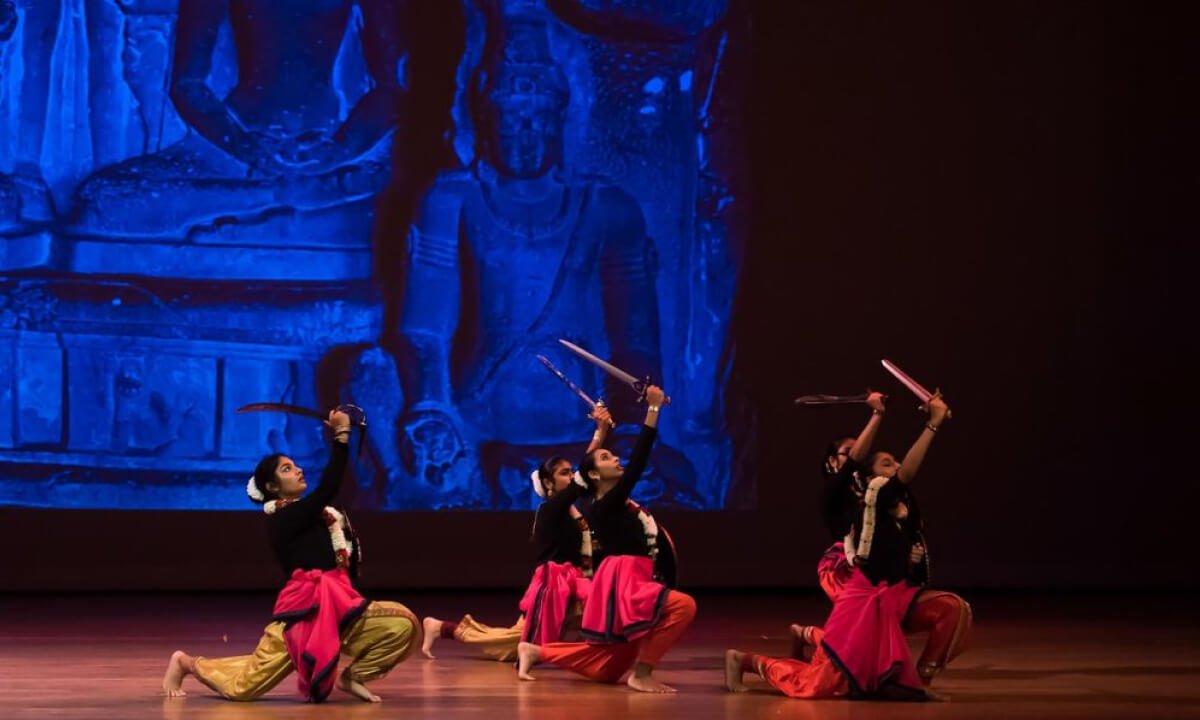folk dance
A martial art dance form from Manipur, blending sword and spear techniques with dynamic dance movements.

Thang-Ta, known formally as Huyen Lallong, is a traditional martial art and folk form from Manipur, India. The name Huyen Lallong translates to “The Art of the Sword and Spear,” reflecting the essence of this dynamic and elaborate martial tradition. Thang-Ta combines combat techniques, ritualistic performances, and dance-like movements, making it both an art form and a cultural emblem of Manipur.
Thang-Ta can be practiced in various forms, each with its unique significance. Some elements focus on ritualistic expressions, where the movements are deeply symbolic and are often performed during cultural ceremonies. Another form involves combative dance, where swords and spears are wielded with precision in an aggressive, war-like display. Thang-Ta includes traditional war dances, such as the sword dance (Thangkairol) and the spear dance (Khosarol), each showcasing the skill and discipline of the practitioners.
NSDA students performing Than-Ta with swords on stage.
This martial art is an intricate system of physical culture, encompassing breathing techniques, meditative practices, and ceremonial rituals. While some sword and spear movements are ceremonial and performed only on specific occasions, they are rooted in material techniques that once served as practical combat skills. Historically, Thang-Ta’s fighting techniques were kept alive in private, secretive training by individual Gurus after being banned during the British colonial period from 1891 to 1947. The art form persisted through Manipur’s integration into the Indian Union in 1949 and has since re-emerged as a cultural icon, showcased on national and international platforms since 1976.
The Thang-Ta dance use shields and swords as props.
Today, Thang-Ta is celebrated not only as a martial art but also as a performance art, often incorporated into theater and dance in Manipur. Theatrical adaptations, such as solo sword dances or choreographed Thang-Ta duels on stage, have become popular, blending combat with aesthetic expression. Across Manipur, martial arts academies now train both men and women in Thang-Ta, and dance and theater schools offer courses in this unique art form, preserving its legacy and spreading its influence.
Thang-Ta remains a powerful representation of Manipuri heritage, connecting modern audiences to the valor, discipline, and spirituality of this ancient martial tradition. Through its graceful movements, precise techniques, and symbolic rituals, Thang-Ta continues to captivate and inspire, standing as a testament to the resilience and cultural pride of the Manipuri people.